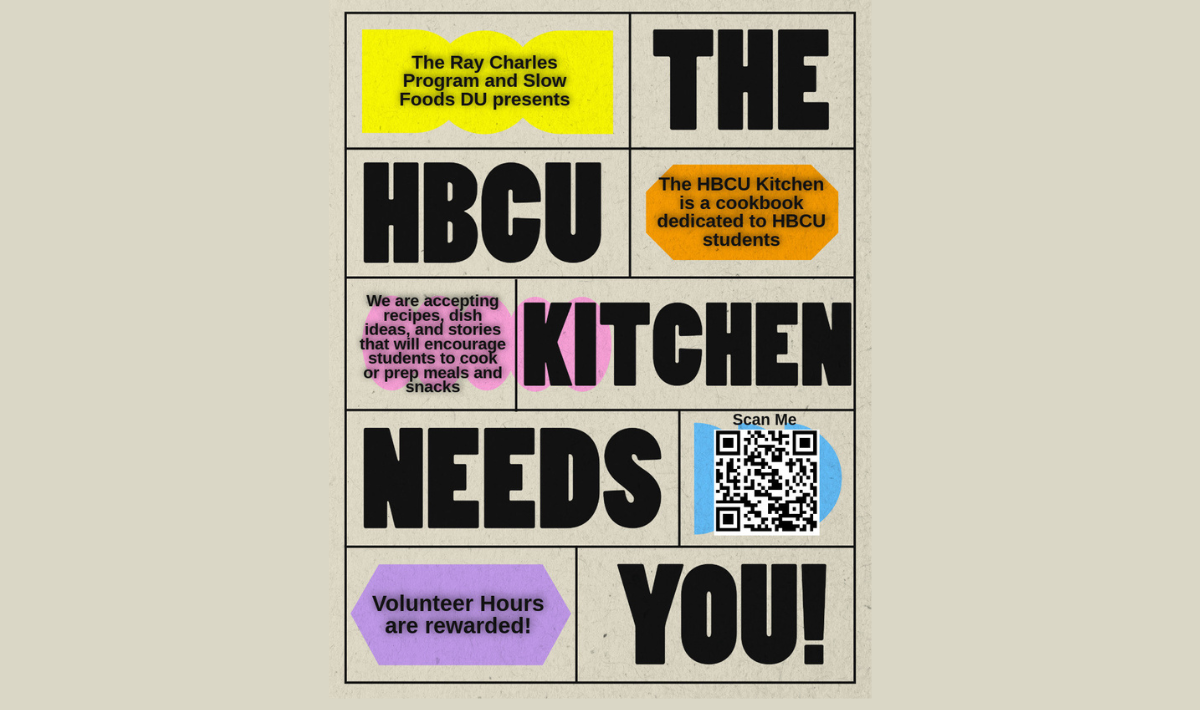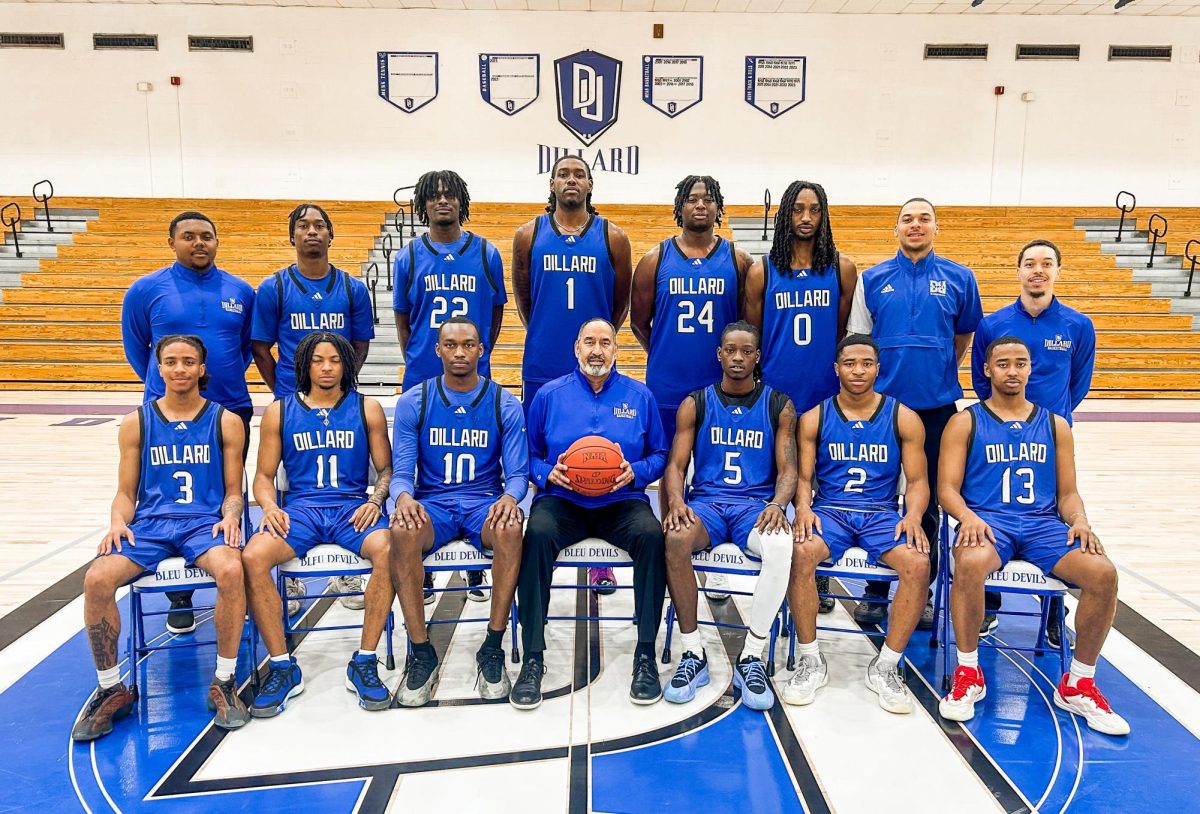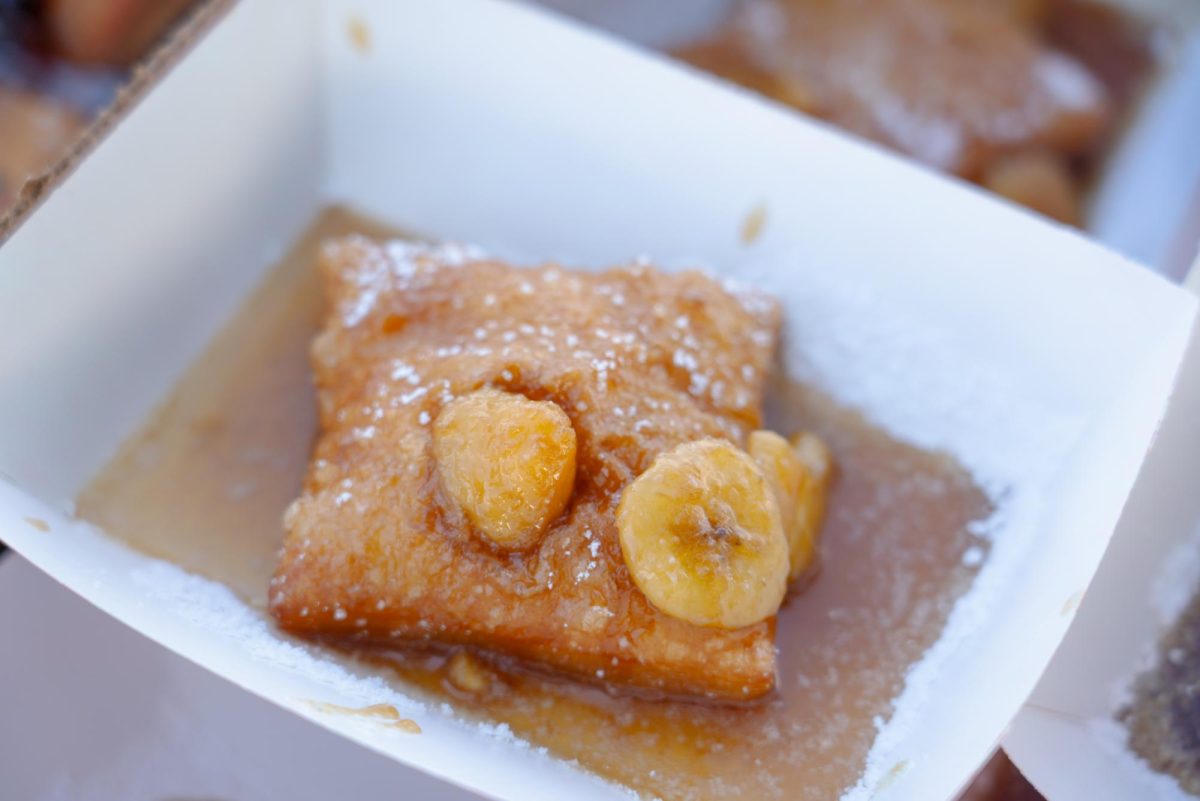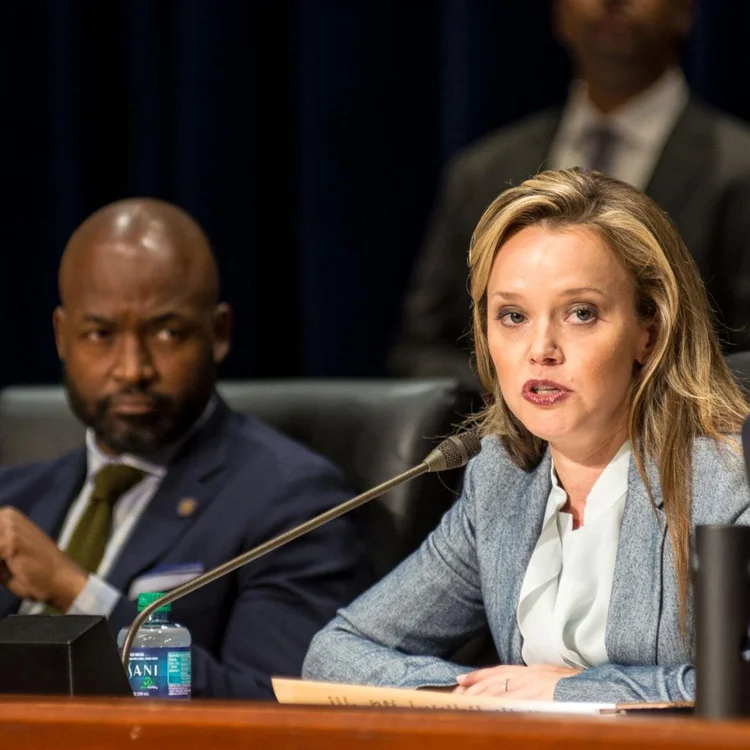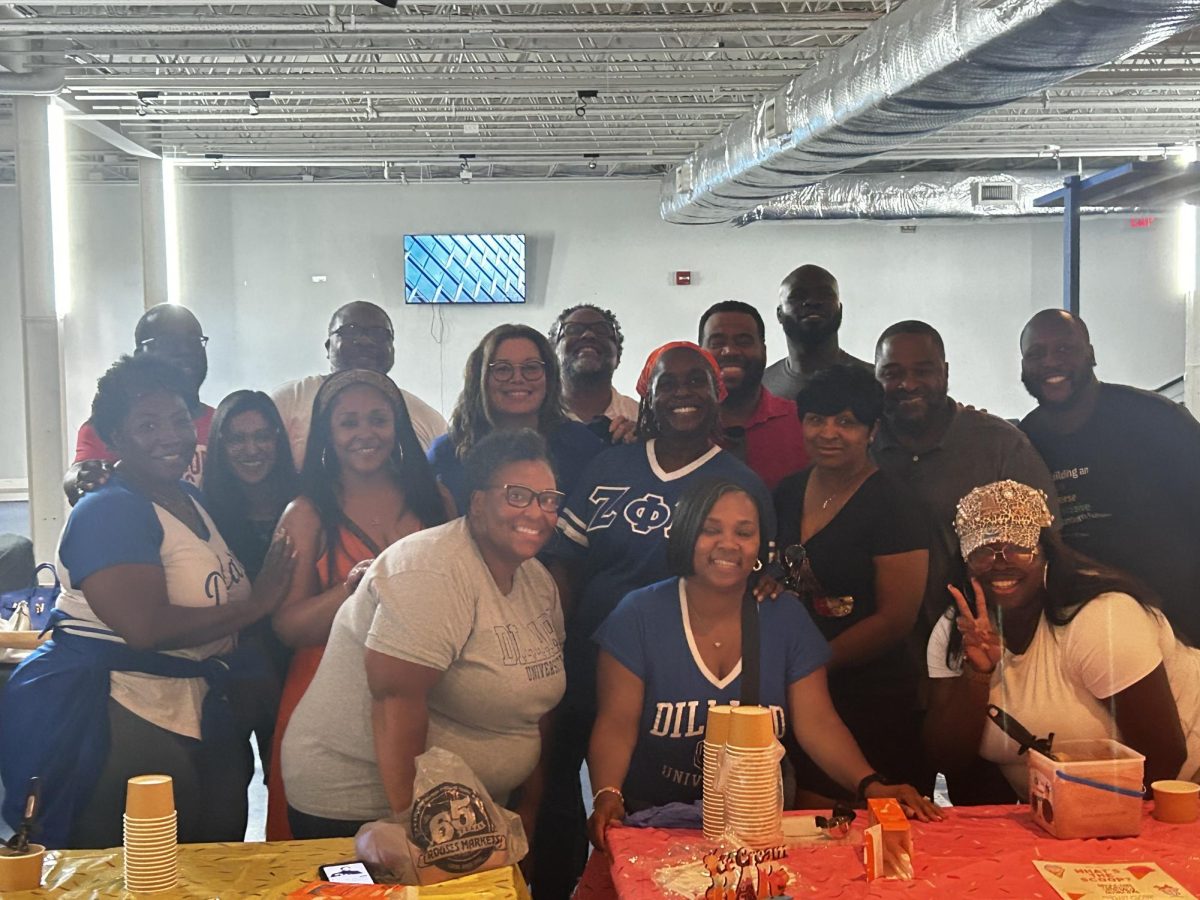A Louisiana appeals court dropped felony charges against a 17-year-old black student involved in a school fight with a white student leaving him temporarily unconscious in Jena, La.
Mychal Bell, who was 16-years-old at the time of the altercation, was scheduled for sentencing on Sept. 20, after being convicted of aggravated second degree battery; however, under the Louisiana state laws, no one 16-years-old or younger can be tried as an adult for battery.
According to the prosecution, Bell’s use of his tennis shoes served as a “lethal weapon,” qualifying him for a felony charge and a sentence of up to 15 years and a $10,000 fine.
After the white schoolmate, Justin Barker, was beaten and temporarily hospitalized, five others- Theodore Shaw, 17, Robert Bailey Jr., 17, Carwin Jones, 18, Bryant Purvis, 17, and a juvenile whose name is being withheld- were jailed with Bell and labeled suspects.
Prior to the December 2006 incident, a black student asked the vice principal for permission to sit under a tree located on the traditionally white side of the Jena High School grounds. After being granted permission, the entire student body returned to school on Sept. 1 to three nooses hanging from the tree.
Bailey describes his reaction to seeing the nooses to DemocracyNow!, a program of news, analysis, and opinion that focuses on issues its producers consider underreported or ignored by mainstream news coverage. He recalled instantly thinking that the Ku Klux Klan wanted to hang someone. He said he knew that the act was committed by a white person because hanging nooses is definitely not a humorous or sensible prank that blacks would play.
Some people have referred to the incident as a “modern day Jim Crowism.” Jena resident, Angela Jenkins, faced discrimination and witnessed discriminatory acts all her life. Born in 1962, she said the hanging of the nooses reminded her of the blatant racism her and her family faced.
She recalled an incident in 1973 when her brother was called a “damn n*****” by a group of white boys who then beat him up. Defenseless, he laid on the ground until his football coach came to his rescue, not knowing that within days he would go to jail and be sentenced to years of probation for engaging in a fight with white males. Because of this and the Jena Six, her view of Jena has not changed.
“Everybody knows Jena is prejudice. [There’s] some white people I can talk to, but it’s some that I can’t. So much has happened and nothing has been done,” said Jenkins. “People are not going to take this in 2007. Lately, I’ve seen more Confederate flags than I’ve ever seen and on the 20th they’ll all be out, and so will we.”
Originally, the Jena Six, as the boys have become nationally known as, were charged with second degree attempted murder and conspiracy, which means serving a possible sentence of life in prison. The charge were reduced, but not dismissed for all of the boys. Jones, whose trial date is tentatively set for Jan. 28, and Shaw still face a charge of aggravated second degree battery. Bailey and Purvis are still awaiting trial for attempted murder (the original charge before the reduction to aggravated second degree battery), while the sixth student is being tried in juvenile court.
The National Association for the Advancement of Colored People has asked Governor Kathleen Blanco and Attorney General Charles Foti, Jr. to further investigate this issue as well as monitor the trials of the Jena Six to ensure a fair trial, according to a national press release.
Since the investigation of the Jena Six, the NAACP has provided the Jena Six’s defense team with financial support to fight legal battles, act as a guardian for the six families and rallied across the nation to gain awareness of the injustices, primarily though their youth and college divisions.
The NAACP, along with civil activists Rev. Jesse Jackson and Rev. Al Sharpton and the American Civil Liberties Union, were originally anticipating a march and rally in Jena on Sept. 20 during Bell’s sentencing. However, even though Bell’s case was dismissed, the rally is scheduled to continue.
“Several buses will be dispatched for people who want to go to Jena and support what is going on; however, this [New Orleans] branch isn’t as involved as other branches, primarily because of the national branch’s involvement,” said Danatus King, president of the New Orleans NAACP chapter.
Dillard University’s NAACP, in conjunction with Student Government Association and other student leaders have arranged buses for students that are interested in going to support. A forum was held in the Cook Theater on Sept. 13 to enlighten and reiterate Dillard’s purpose for supporting this event and the ‘cruel and excessive’ charges.
“We are going to show our support from an HBCU [Historically Black College and Universities] and student lead organization’s standpoint. What happened was an opportunity, not only for us as African-Americans, but for us as a people to see something and correct it,” said Nathan Dailey, president of Dillard’s NAACP chapter.

